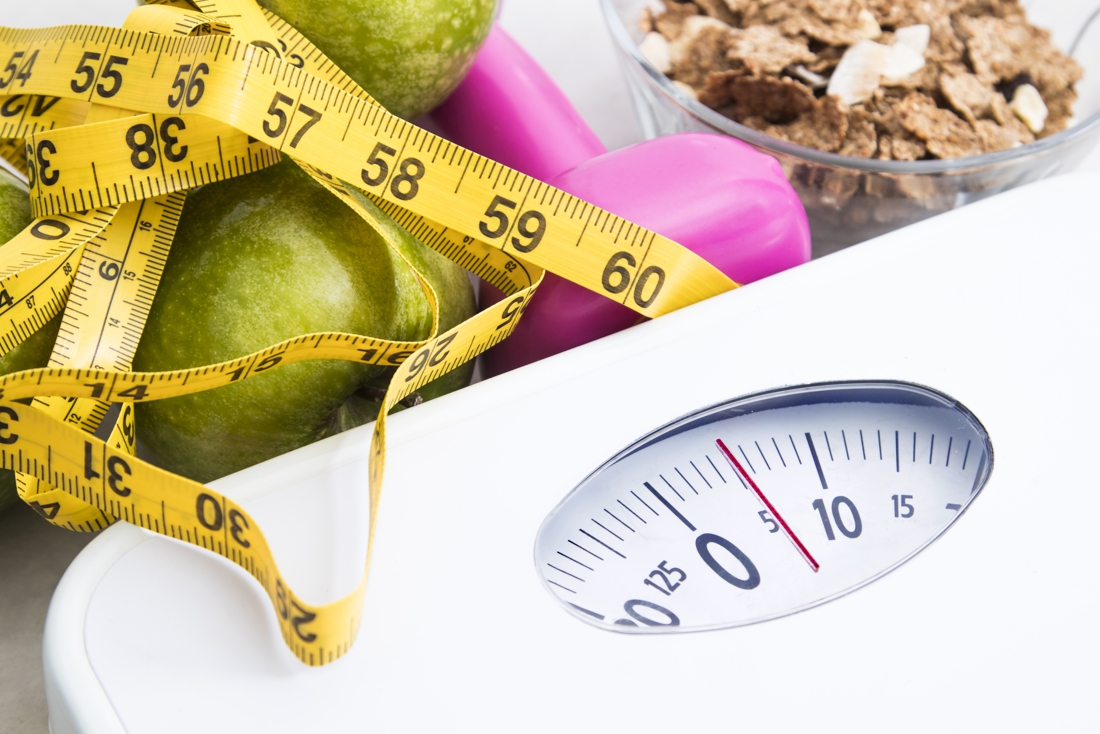When you hiccup – or have a singultus, as the medical term suggests – the diaphragm and intercostal muscles suddenly contract. The subsequent sharp draw in air closes the glottis and results in a more or less loud “hiccup” that densely embarrasses the hiccup and entertains everyone around him.
–
Although there are plenty of grandma’s advice and home remedies for hiccups, the scientific team now says it has found a new answer. It is the “Power Breathing and Swallowing Tool” (FISST), as the patent for the HiccAway. Specifically, it is a rigid plastic L-shaped straw having a mouthpiece at one end and an adjustable cap with a pressure valve at the other.
–
A hiccuping person puts this special straw in a glass of water and uses it to sip. The creators of HiccAway report that their tool stopped hiccup seizures in 92 percent of cases during testing.
–
The device builds on the idea that the stronger suction needed to suck water forces the diaphragmatic nerve to trigger the contraction of the diaphragm, while the subsequent swallowing includes, among other things, the activation of the stray nerve. Because these two nerves are responsible for hiccups, scientists say that when a person is employed, they prevent them from causing this unwanted phenomenon.
–
“It works immediately and lasts for several hours,” the study’s co-author, Dr. Ali Seifi of the University of Texas Health Science Center, told The Guardian. To test the effectiveness of their device, the team analyzed the reactions of 249 volunteers, more than two-thirds of whom said they had hiccups at least once a month.
–
A solution that no one needs?
According to the results, this aid stopped hiccups in almost 92 percent of cases. Just over 90 percent of users say it’s more comfortable than other home appliances, and about the same number think HiccAway provides better results. According to the authors, the results were consistent across all demographic groups and were not affected by the frequency or duration of hiccups.
–
According to Dr. Rhyes Thomas, a neurologist at the University of Newcastle who did not participate in the study, the device probably works. “But I think it’s a solution to a problem that no one needs,” he added, adding that there are already other effective solutions at minimal cost. Including his favorite method – to cover your ears tightly while drinking a glass of water with an ordinary straw.
–
“Anything that allows you to inflate your chest and swallow will work,” Dr. Thomas said. According to him, another option is to drink from the glass in the opposite way – lean forward and try to drink from the opposite edge of the glass than usual. “When you’re ready to water, it’s my second favorite method,” he added.
—


